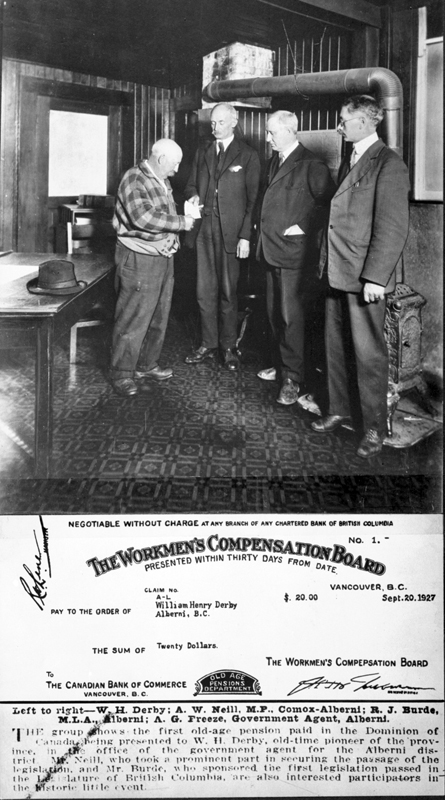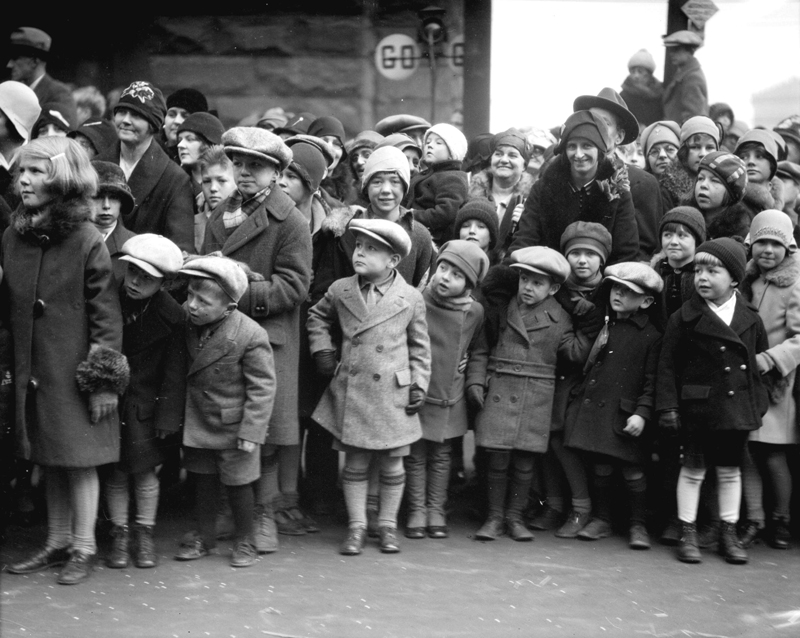Following the introduction of women's suffrage in 1917, British Columbia became the first province in Canada to grant women the equal right of custody and guardianship of children. As more women became active in the provincial political arena, they successfully campaigned for various social reforms, including family law issues such as foster homes, childcare centres, rights for juvenile offenders, and raising the minimum wage for women. Through their efforts, the Mother's Pension Act, 1920, became the first social assistance bill to be passed in the Legislative Assembly. It received royal assent on April 17, 1920 and provided a monthly subsidy to single mothers.
Throughout the 1920s, women’s groups worked to establish hospitals and the beginnings of the modern provincial public health system. All this took place before Canadian women were declared persons under the law in 1929.


